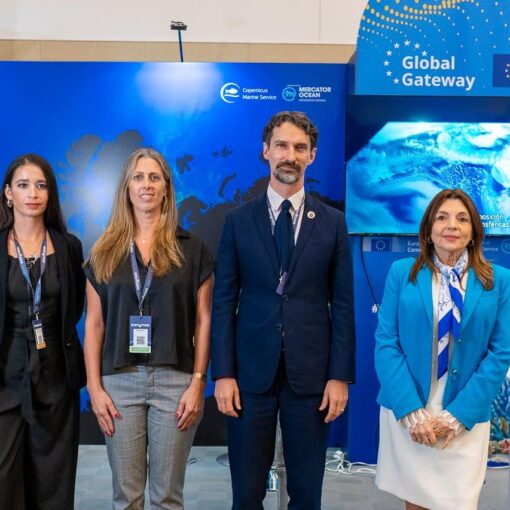Q24N — Artificial Intelligence (AI) is no longer a futuristic promise. 2024 marked a turning point in the laptop industry, with advances that a few years ago seemed like science fiction.
“The true power of AI is not in automating tasks, but in amplifying human potential,” says Caroline Raimundo, Marketing Director of Acer in Latam, summarizing a year of radical transformation.
The last twelve months have redefined our interaction with computers. Thus, for example, devices such as Acer’s Swift Go have shown that AI is a reality. We no longer depend exclusively on the cloud for complex tasks: processing occurs on our desktop, in real time.
– Advertisement –
If we are talking about Acer, the TravelMate P6 14 AI broke another barrier by becoming the first Copilot+ PC weighing less than 1 kg, proving that power and portability are not mutually exclusive.
The most profound transformation of PCs is happening under the hood: the arrival of processors with NPUs (Neural Processing Units) is a game-changer. As Forrester Research points out, until now PCs have relied on the cloud for the most complex AI tasks – from translation to image generation. But new chips are bringing that power to the desktop.
“It’s like going from having to call on the phone for every query to having an expert sitting next to you,” explains Raimundo.
But 2024 was just the beginning.
Next year promises to take this revolution to a whole new level. Forrester has already dubbed 2025 “the Year of the AI PC,” and Gartner’s projections back up this optimism with an expected 11.6% increase in end-user spending. The real transformation, however, will be more subtle. Mika Kitagawa, an analyst at Gartner, predicts that “in five years, the AI PC will be the standard configuration.”
It won’t be a loud revolution: users won’t buy new computers specifically for AI, but when they do for other reasons – OS upgrade, old equipment, new job – AI will come built in as standard.
– Advertisement –
What can we expect?
Interfaces will evolve to learn and adapt to each user. Virtual assistants will not just answer questions, but anticipate needs. Real-time content generation, already seen in tools like Acer LiveArt, will become more sophisticated and contextual. Security will be predictive, not reactive.
“Human intelligence is not just a slogan,” emphasizes Caroline Raimundo. “It is our vision of a future where technology enhances, not replaces, human capabilities.” This philosophy will guide the development of the next generation of PCs, where AI will not be an additional feature, but the core of the computing experience.
Battery life will reach 28 hours, allowing true mobility. Local AI processing will reach new heights, and by 2029, it is estimated that 100% of PCs will have a dedicated NPU core. But beyond the numbers, the real revolution will be in how these machines will be integrated into our lives, transforming the computer from a tool to an intelligent collaborator.
– Advertisement –
“AI is not the future of computing, it is the present. And 2025 will be the year when everyone experiences it,” concludes Raimundo.
A prediction that, considering the current speed of innovation, could fall short. The next generation of PCs will not only understand our current needs: it will anticipate them, adapting and evolving with us.
The future is already here, and it is smarter than we imagined.
– Advertisement –
Source link
Rico



